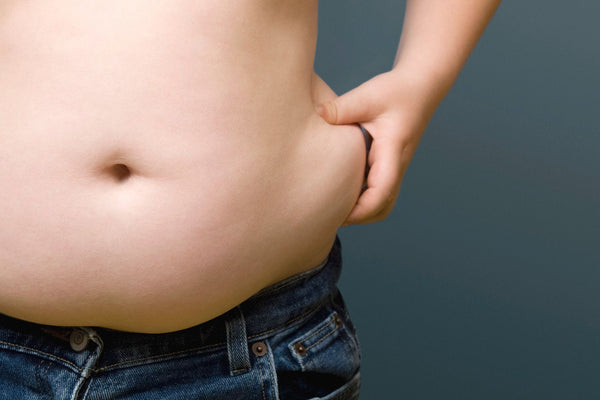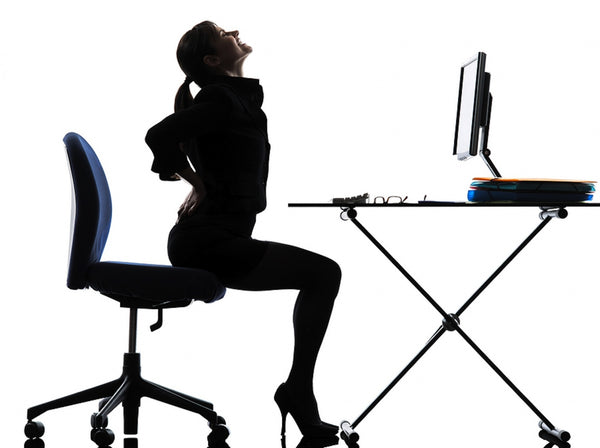How to Stay Cool in Warm Weather

Keeping cool in warm weather is a multi-faceted challenge. Risks of getting too hot in warm weather include dehydration, and a variety of heat-related illnesses, including heat stress, heat cramps, heat exhaustion, or even heat stroke. Keeping your body cool will also help to keep your mood calm too, for heat often exacerbates feelings of stress, tension and frustration. There are lots of simple and effective ways to stay cool in warm weather and most of them are very affordable
Learn about heat-related illness and how to stay cool and safe in hot weather.
Now is the time to prepare for the high temperatures that kill hundreds of people every year. Extreme heat caused 7,415 heat-related deaths in the United States from 1999 to 2010 . Heat-related deaths and illness are preventable, yet annually many people succumb to extreme heat.
Take measures to stay cool, remain hydrated and to keep informed. Getting too hot can make you sick. You can become ill from the heat if your body can't compensate for it and properly cool you off. The main things affecting your body's ability to cool itself during extremely hot weather are:
- High humidity. When the humidity is high, sweat won't evaporate as quickly, which keeps your body from releasing heat as fast as it may need to.
- Personal factors. Age, obesity, fever, dehydration, heart disease, mental illness, poor circulation, sunburn, and prescription drug and alcohol use can play a role in whether a person can cool off enough in very hot weather.
Those who are at highest risk include people 65 and older, children younger than two, and people with chronic diseases or mental illness. Closely monitor people who depend on you for their care:
- Are they drinking enough water?
- Do they have access to air conditioning?
- Do they need help keeping cool?
People at greatest risk for heat-related illness can take the following protective actions to prevent illness or death:
- Stay in air-conditioned buildings as much as possible. Contact your local health department or locate an air-conditioned shelter in your area. Air-conditioning is the number one protective factor against heat-related illness and death. If a home is not air-conditioned, people can reduce their risk for heat-related illness by spending time in public facilities that are air-conditioned, and using air conditioning in vehicles.
- Do not rely on a fan as your primary cooling device during an extreme heat event.
- Drink more water than usual and don't wait until you're thirsty to drink.
- Check on a friend or neighbor and have someone do the same for you.
- Don't use the stove or oven to cookâ€it will make you and your house hotter.
Even young and healthy people can get sick from the heat if they participate in strenuous physical activities during hot weather:
- Limit outdoor activity, especially midday when the sun is hottest.
- Wear and reapply sunscreen as indicated on the package.
- Pace activity. Start activities slow and pick up the pace gradually.
- Drink more water than usual and don't wait until you're thirsty to drink more. Muscle cramping may be an early sign of heat-related illness.
- Wear loose, lightweight, light-colored clothing.
If you participate on a sports team that practices during hot weather protect yourself and look out for your teammates:
- Schedule workouts and practices earlier or later in the day when the temperature is cooler.
- Monitor a teammates condition, and have someone do the same for you.
- Seek medical care immediately if you or a teammate has symptoms of heat-related illness..
Everyone should take these steps to prevent heat-related illnesses, injuries, and deaths during hot weather:
- Stay in an air-conditioned indoor location as much as possible.
- Drink plenty of fluids even if you don't feel thirsty.
- Schedule outdoor activities carefully.
- Wear loose, lightweight, light-colored clothing and sunscreen.
- Pace yourself.
- Take cool showers or baths to cool down.
- Check on a friend or neighbor and have someone do the same for you.
- Never leave children or pets in cars.
- Check the local news for health and safety updates.
Also in News

Gym Goers, Bodybuilders, Boxing Clubs and Athletics Love The Benefits Of “The Feel Good Drink”

How To Eat Less And Not Feel Hungry Or Your Money Back!

Sitting Is Really The New Smoking, and it's Killing You ! [infographic)
Ever feel like your 9-5 is killing you? Well, if you spend all that time sitting down, it just might be.
Indeed, numerous studies indicate that the health impacts of continuous sitting cannot be reduced through daily exercise. Even in physically active people, sitting increases their health risks. And this risk has been found to increase with every two hours of time spent sitting.
